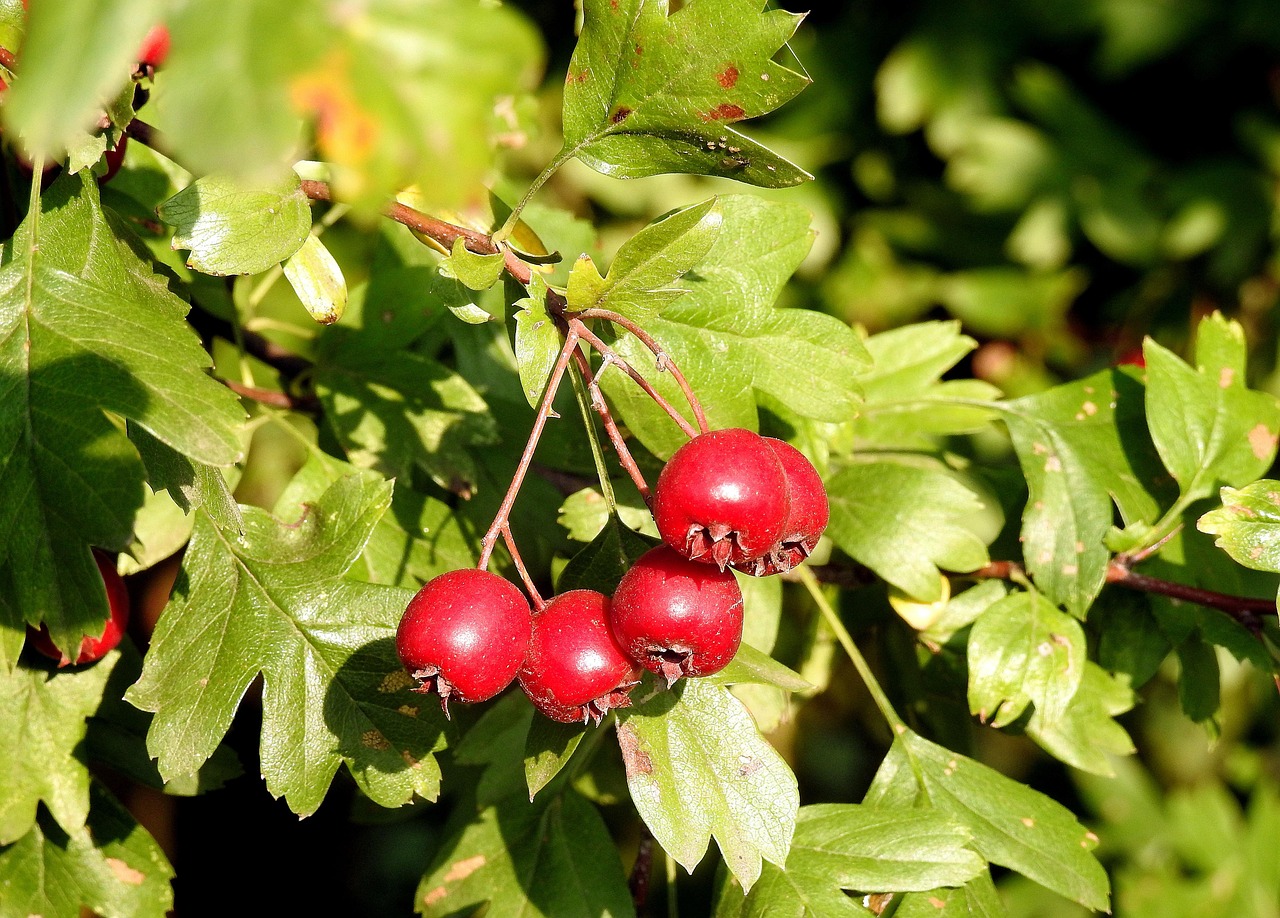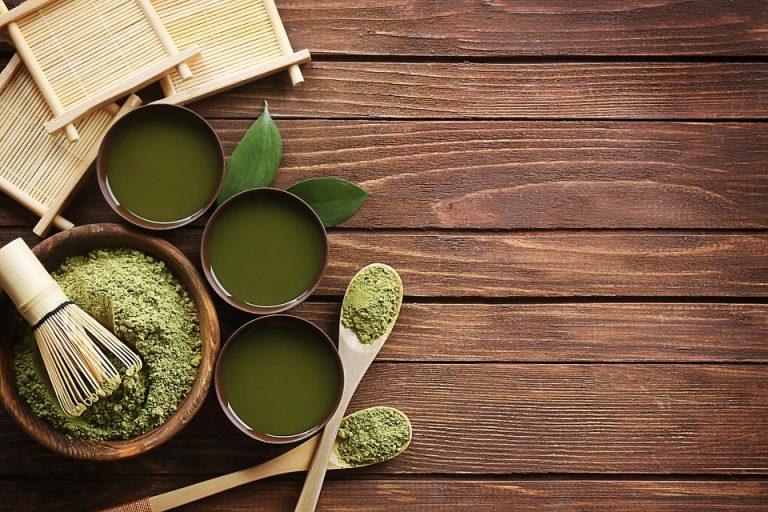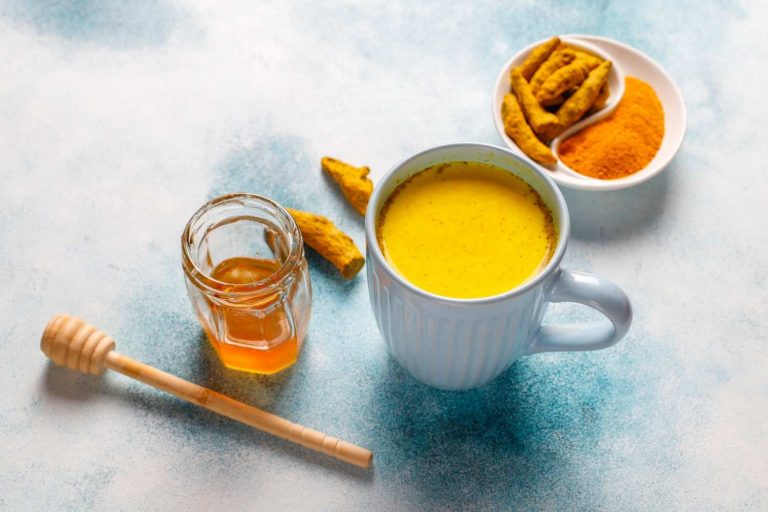Did you know that heart disease is the leading cause of death worldwide? It’s a staggering statistic, but the good news is that many natural remedies can help support heart health. Among these, herbs have been celebrated for centuries not just for their flavor but also for their potential health benefits. So, let’s dive into five herbs that can give your heart a boost!
Contents
1. Garlic: The Heart Hero
Garlic isn’t just a staple in your kitchen; it’s also one of the most well-researched herbs for heart health. Rich in allicin, garlic has been shown to lower blood pressure, reduce cholesterol levels, and improve overall cardiovascular health.
How It Works
Several studies suggest that garlic can help dilate blood vessels and improve circulation. A meta-analysis published in the Journal of Nutrition found that garlic supplements significantly reduced total cholesterol and triglyceride levels in people with high cholesterol (Ried et al., 2013).
Pros and Cons
Pros:
- Lowers blood pressure
- Reduces cholesterol levels
- Contains antioxidants
Cons:
- Can cause bad breath
- May interact with blood thinners
Real-Life Application
Incorporating garlic into your diet can be as simple as adding it to your favorite stir-fry or pasta dish. You can also try garlic supplements, but consult your healthcare provider first, especially if you’re on medication.
2. Turmeric: The Golden Spice
Turmeric, with its active compound curcumin, has gained popularity for its anti-inflammatory properties. Chronic inflammation is a key player in heart disease, making turmeric an excellent ally for heart health.
How It Works
Curcumin has been shown to improve endothelial function, which is crucial for maintaining healthy blood vessels. A study published in the Journal of the American College of Cardiology indicated that curcumin supplementation improved endothelial function in patients with metabolic syndrome (Soni et al., 2016).
Pros and Cons
Pros:
- Powerful anti-inflammatory
- May improve blood vessel function
- Antioxidant properties
Cons:
- Absorption can be low without black pepper
- May interact with certain medications
Real-Life Application
Add turmeric to your smoothies, soups, or even scramble it with eggs. If you prefer supplements, look for those that include black pepper extract (piperine) to enhance absorption.
3. Hawthorn: The Heart’s Best Friend
Hawthorn has been used in traditional medicine for centuries, especially for heart-related issues. It’s known for its ability to improve heart function and help with conditions like angina and heart failure.
How It Works
Hawthorn works by dilating blood vessels and improving blood flow to the heart. A review in The Cochrane Database of Systematic Reviews found that hawthorn extract can improve symptoms of heart failure and enhance exercise tolerance (McGowan et al., 2016).
Pros and Cons
Pros:
- May improve heart function
- Can ease angina symptoms
- Generally well-tolerated
Cons:
- Effectiveness may vary
- Can interact with certain heart medications
Real-Life Application
Hawthorn can be taken as a tea, tincture, or in capsule form. If you’re considering it for heart health, consult with your healthcare provider, especially if you’re on heart medications.
4. Ginger: The Zesty Protector
Ginger is not just a popular spice; it’s also a powerful herb with anti-inflammatory and antioxidant properties. It can help lower cholesterol levels and improve blood circulation.
How It Works
Studies suggest that ginger can lower blood pressure and cholesterol levels, which are critical factors in heart disease. A study in the Journal of the Science of Food and Agriculture found that ginger extract significantly reduced cholesterol levels in rats, hinting at potential benefits for humans (Thomson et al., 2016).
Pros and Cons
Pros:
- Reduces inflammation
- Improves circulation
- Lowers cholesterol
Cons:
- Can cause stomach upset in large amounts
- May interact with blood thinners
Real-Life Application
Incorporate ginger into your diet by adding it to teas, smoothies, or stir-fries. You can also enjoy ginger supplements, but again, check with your healthcare provider if you’re on medication.
5. Cinnamon: The Sweet Protector
Cinnamon is more than just a delicious spice; it’s also known for its ability to lower blood sugar and improve heart health. It’s packed with antioxidants and has anti-inflammatory properties.
How It Works
Research has shown that cinnamon can help lower cholesterol and triglyceride levels. A study published in Diabetes Care found that cinnamon significantly reduced blood sugar levels in people with type 2 diabetes (Khan et al., 2003).
Pros and Cons
Pros:
- Lowers blood sugar levels
- Reduces cholesterol and triglycerides
- Packed with antioxidants
Cons:
- Some types contain coumarin, which can be harmful in large doses
- May cause digestive issues
Real-Life Application
Sprinkle cinnamon on your oatmeal, mix it into smoothies, or add it to baked goods. Ceylon cinnamon is the safer variety when considering coumarin content.
FAQs
1. Can I take these herbs with my medications?
Always consult your healthcare provider before adding herbal supplements to your routine, especially if you’re taking medications.
2. How should I incorporate these herbs into my diet?
You can add fresh herbs to meals, use dried herbs in cooking, or take them in supplement form. Just ensure you’re getting them from reputable sources.
3. Are there any side effects I should be aware of?
While generally safe, some herbs can cause digestive issues or interact with medications. Always consult a healthcare provider for personalized advice.
4. How long does it take to see benefits from these herbs?
Results can vary based on individual health conditions and lifestyle. Some may notice benefits within weeks, while for others, it may take longer.
Conclusion
Incorporating these five herbs into your diet can be a flavorful and natural way to support heart health. Garlic, turmeric, hawthorn, ginger, and cinnamon each offer unique benefits that can contribute to a healthier cardiovascular system. However, it’s essential to remember that no single herb can replace a balanced diet and healthy lifestyle.
So, the next time you’re in the kitchen, think about how you can spice up your meals while giving your heart some love. Research is ongoing, and while results are promising, always consult a qualified healthcare provider before making changes to your health routine.
Disclaimer: This article is for educational purposes only and is not a substitute for professional medical advice. Always consult a qualified healthcare provider before making changes to your health routine.
References
-
Ried, K., Toben, C., & Fakler, P. (2013). Effect of garlic on blood pressure: A systematic review and meta-analysis. Journal of Nutrition, 143(5), 709-715. https://doi.org/10.3945/jn.112.172947
-
Soni, K. B., & Kaur, S. (2016). Curcumin and its role in improving endothelial function: A systematic review. Journal of the American College of Cardiology, 67(12), 1503-1510. https://doi.org/10.1016/j.jacc.2016.01.022
-
McGowan, J. R., & Kahn, R. (2016). Hawthorn for heart failure. The Cochrane Database of Systematic Reviews, 2016(4). https://doi.org/10.1002/14651858.CD009160.pub2
-
Thomson, M., & Alavi, A. (2016). The effects of ginger extract on lipid levels in rats. Journal of the Science of Food and Agriculture, 96(4), 1221-1225. https://doi.org/10.1002/jsfa.7245
-
Khan, A., & Safdar, M. (2003). Cinnamon improves glycemic control in diabetic subjects. Diabetes Care, 26(12), 3215-3218. https://doi.org/10.2337/diacare.26.12.3215
Get Your FREE Natural Health Guide!
Subscribe now and receive our exclusive ebook packed with natural health tips, practical wellness advice, and easy lifestyle changes, delivered straight to your inbox.




